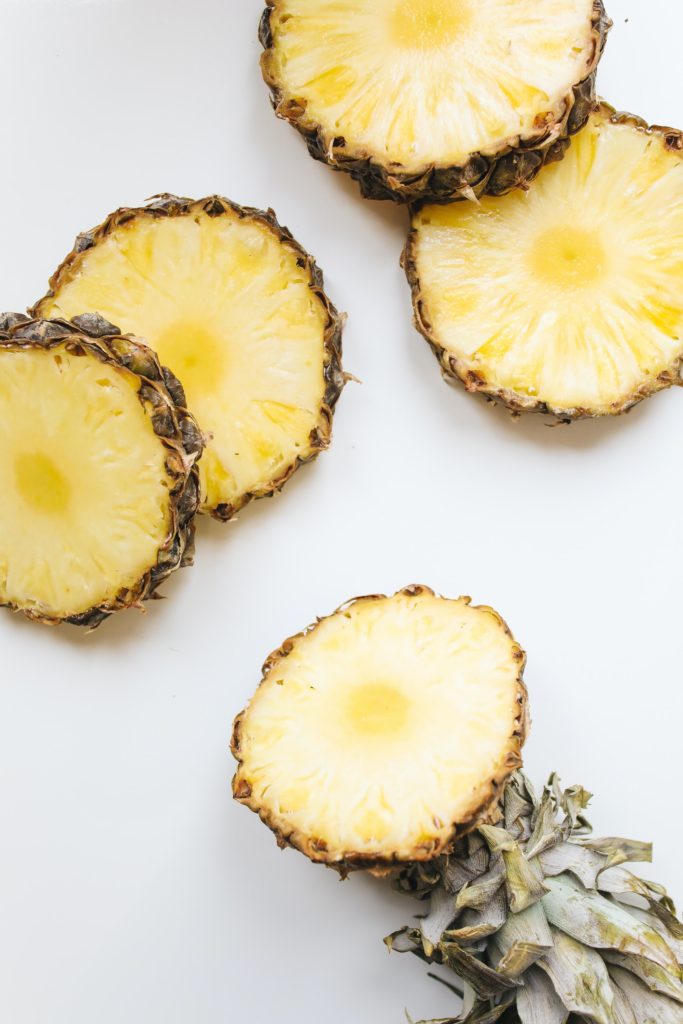
In preparing meat, the food is tenderized for easy cooking because the collagen in the meat makes it tough to digest. Collagen is the most abundant protein in meat. But tenderizing break down the meat fibers, making the meat easier to chew and digest.
There are many ways of tenderizing in meat. Physically, the meat can be tenderized by pounding it using a meat mallet or pounder. Usually made of wood or metal, the mallet softens the meat fibers and makes the meat tender.
Unlike using force, using fruit enzymes can also tenderize the meat. Yes, but how do fruits enzymes tenderize meat? Bromelain (found in pineapples) and Papain (green papaya) are enzymes that are effective in breaking these meat fibers for that tender and juicy meat.
How to use the fruit enzymes Papain and Bromelain
Use fresh raw papaya for tenderizing. Cut it into chunks, add a little water and turn it into a paste using a blender or food processor. You may use ripe papaya but it’s best to use raw papaya.
You might also like: French Fries And The Science Behind
Bromelain in pineapples is another excellent natural tenderizer. When applied to meat, bromelain digests the meat protein and softens the tissue prior to cooking. To use pineapple, simply add it in the marinade and marinate the meat for an hour or two.
Though called for in many recipes found online, canned pineapple juice is not advisable for tenderizing meat. Bromelain is an enzyme that is easily destroyed during canning.
Like this post? Check out the Top 15 Food Science blogs on Feedspot.
When working with these fruits for tenderizing, it’s best to apply them at around 55°C (131°F) to °60C (140°F). These enzymes are very effective for thin cuts of meat.
Though can be prepared from scratch, you may also purchased commercially available enzymes in powder form. They can be added to marinade or directly sprinkled on raw meat. Though convenient, minimize the use of such as they are usually added with additives. Mono sodium glutamate (MSG), a controversial food additive that’s been reported to cause headaches and difficulty in breathing, is commonly used in commercial tenderizers.


